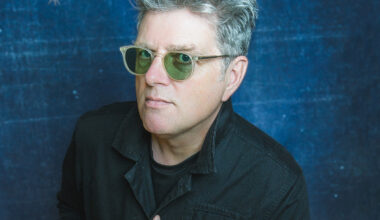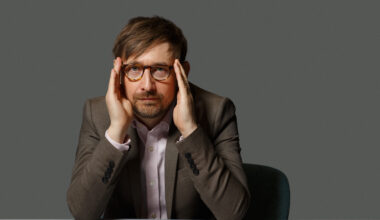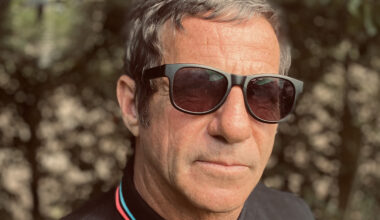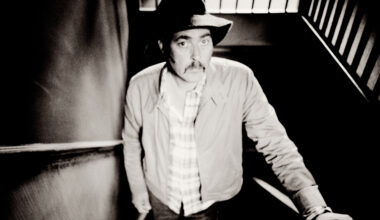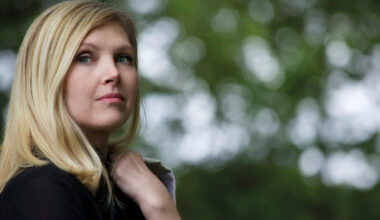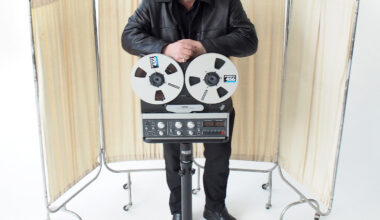Bona fide radio legend Annie Nightingale on the people, products and punch-ups that shaped her career
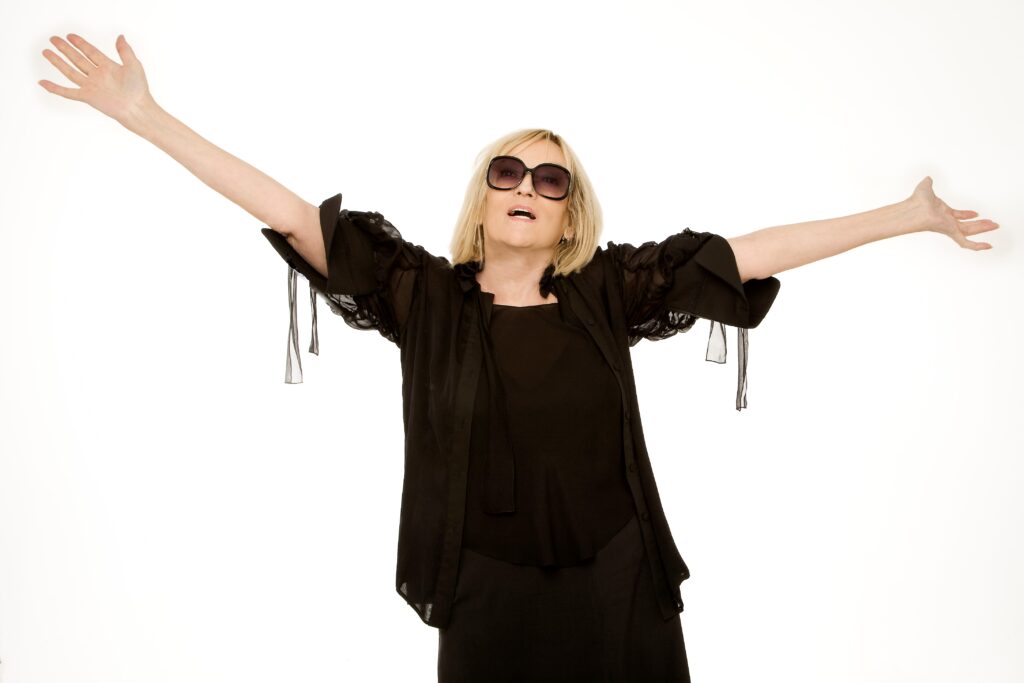
Radio Gaga
“I was raised on radio and books. ‘Music’ was the first word I said. I was an only child and the more I think about that, the more I wonder how that affects you because I was glued to the radio when I was on my own.
“When I was 11, I was saying to my friends, ‘Hey, I heard this, what did you think?’. I got a job in a record shop when I was a teenager and I loved it, but I was absolutely no good because I didn’t know how to re-order things.
“I couldn’t sing, I couldn’t play an instrument and at that time I couldn’t imagine being in that world if you weren’t a musician. The idea of being a DJ came along later and that’s when I was like, ‘Oh my god, that’s my dream job!’, and then I tried to make it happen. I realised that communicating and sharing music is the greatest passion in my life.”
The Fight To Be On The BBC
“It took a long time to convince anyone that I could be a DJ because I was a woman and ‘we can’t have women on the radio!’. It taught me that you’ve got to be persistent. If someone turns you down, don’t accept that it is for all time. With DJing I thought, ‘Well, hang on a minute, why should being a woman make a difference? I’ve got experience, I’ve done TV shows, I can research and write about music, I’ve interviewed bands for 10 years…’.
“It didn’t seem a fair way to be rejected, just because of gender, so I had to fight for that one. I just wanted to say to them, ‘Can I have a go? If I’m no good I’ll go away, I promise’. It took three years before I got a chance – and there wasn’t another female DJ for 12 years.
“Now the situation is much, much better and we have people like Clara Amfo, Lauren Laverne, Emma Barnett… there are so many really good female broadcasters now.”
Kraftwerk
“Kraftwerk transformed my life. As soon as I saw them and heard them, I thought, ‘This changes everything. There is no going back’. Just like you can’t uninvent the nuclear bomb, you can’t uninvent Kraftwerk. They’ve remained extraordinary innovators, showing people how to make music differently. I still remember that first view of them on a stage and thinking, ‘This is it! The future!’. And so it turned out to be.
“I remember doing a gig in the 90s in Wales when acid house was in full flow and somebody came up and said, ‘Haven’t you got any records played on real instruments?’. That brought it home to me how much things had changed. It liberated me as a DJ too.”
The Walkman
“In 1980, I was making a documentary programme with The Police and we went to Japan, and I got given a Walkman for free by Sony. It was the very first model and they had lovely leather cases. Very smart.
“We’re used to having everything on our phones now, but this was a complete revolution – a way of taking music wherever you wanted on a cassette. I lived in Brighton at the time, so I would put on a tape at Victoria and sit on the train and look out the window, going past Clapham Junction and out to the country, listening to this Walkman.
“People sitting opposite you would go, ‘What’s that? Is that a radio?’. You’d hand your headphones over to them for a minute and say, ‘Have a listen to this!’. They’d start shouting at you, ‘Oh my goodness! This is amazing!’. It was absolutely breathtaking. I was very fortunate to have that early version of it. I treasured it.”
Andrew Weatherall
“Andrew was one of the people who changed my life. There were a lot of good things about 80s music, but being booked to play clubs that were run by breweries wasn’t good. They were heavily regulated, with no sense of freedom. It was, ‘Here’s a DJ, kids. Give us your money. Now go home’.
“Then along came acid house and you could have a party in a field! The party was all about the sounds, the lights and the audience. For me, I was reborn as a DJ and I was not the right age for it, to be honest, but Andrew made me believe that I could do something like that.
“I went from being unhappy about doing these brewery gigs to thinking, ‘Could I be part of this?’. People like Andrew were very inspiring and supportive. I just thought he was extraordinary. We all miss him.”
Autotune
“Most people hate it, but going back to the first song that people remember, which was ‘Believe’ by Cher, I absolutely loved it. I loved the idea that somebody’s voice could sound so utterly different. I got hooked on that, and now autotune is used so much in the music that I play on Radio 1 – mostly trap and quite a lot of the dreaded EDM, which everybody seems to hate.
“I don’t want to hear another tenor, or some singer we’ve heard a million times, I want to hear originality. People say, ‘Ugh! Autotune’, but I love it if it’s done well. I like to see what you can do with the human voice. Why not? To me that is art.”
‘Hey Hi Hello’ by Annie Nightingale is published by White Rabbit.
